Daily Report Archives
Established in December 1993, the Nautilus Institute’s *N*ortheast *A*sia *P*eace and *S*ecurity *N*etwork (NAPSNet) Daily Report served thousands of readers in more than forty countries, including policy makers, diplomats, aid organizations, scholars, donors, activists, students, and journalists.
The NAPSNet Daily Report aimed to serve a community of practitioners engaged in solving the complex security and sustainability issues in the region, especially those posed by the DPRK’s nuclear weapons program and the threat of nuclear war in the region. It was distributed by email rom 1993-1997, and went on-line in December 1997, which is when the archive on this site begins. The format at that time can be seen here.
However, for multiple reasons—the rise of instantaneous news services, the evolution of the North Korea and nuclear issues, the increasing demand for specialized and synthetic analysis of these and related issues, and the decline in donor support for NAPSNet—the Institute stopped producing the Daily Report news summary service as of December 17, 2010.
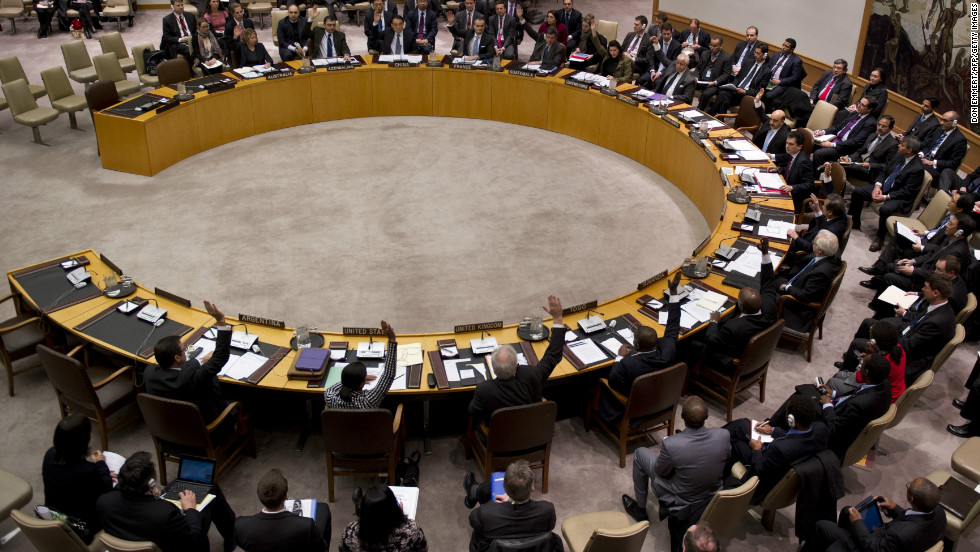
Leon V. Sigal 23 February 2015 This report was a originally written as a paper for the Nautilus-CIIS Workshop on Comprehensive Security Settlement and DPRK Nuclear Issue, Beijing, January 23, 2014 I. Introduction In this Policy Forum, Leon V. Sigal writes that “The DPRK has long sought an easing of U.S. and ‘U.S.-led’ sanctions as […]
Go to the article
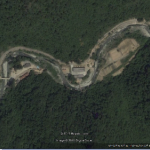
DETERRENCE: China’s future nuclear force infrastructure: a notional breakout scenario DPRK: The Democratic People’s Republic of Korea outlook for the food supply and demand in 2014/15 GOVERNANCE AND CIVIL SOCIETY: Electricity supply could be maintained without outdated Wolseong and Kori reactors CLIMATE CHANGE ADAPTATION: Services and role of Information Communication Technology (ICT) in India DETERRENCE: China’s future nuclear […]
Go to the article
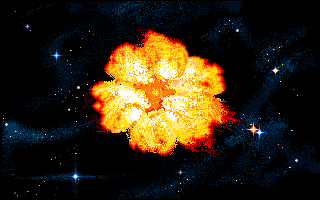
In this report Peter Hayes writes about the risk of nuclear war and complexity. He states that “very few leaders or even strategic scholars pay attention to the new complexity of the operating environment in which national nuclear command-and-control systems operate, or the new characteristics of the command-and-control systems and their supporting CISR systems that may contribute to the problem of loss-of-control and rapid escalation to nuclear war.
“Today, the underlying ground is moving beneath the feet of nuclear-armed states. The enormous flow across borders of people, containers, and information, and the growth of connectivity between cities, corporations, and communities across borders, is recasting the essential nature of security itself to a networked flux of events and circumstances that no agency or state can control. The meta-system of nuclear command-and control systems has emerged in this new post-modern human condition.”
Go to the article
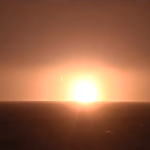
DETERRENCE: US-China Need a Missile Launch Notification Deal DPRK: Testing intentions: a debate about U.S. strategy toward North Korea GOVERNANCE AND CIVIL SOCIETY: China seizes 7,600 rolls of toilet paper featuring image of Hong Kong leader CLIMATE CHANGE ADAPTATION: Climate-related flood risks and urban responses in the Pearl River Delta, China CLIMATE CHANGE AND SECURITY: Confusion emerged over contract for 12 […]
Go to the article
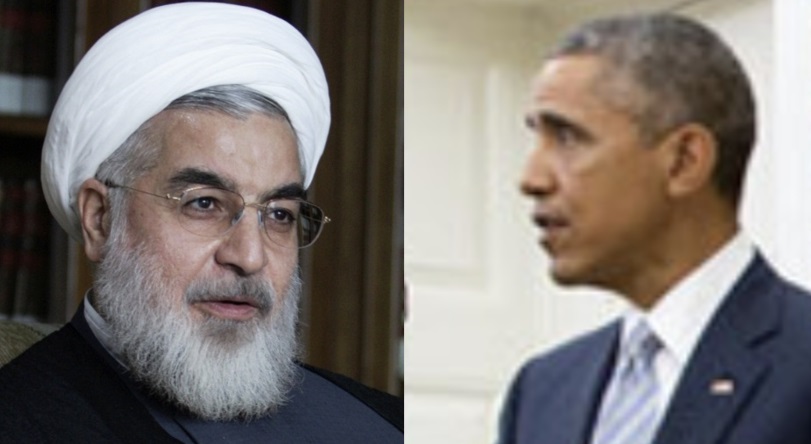
Iran and a Comprehensive Settlement Thomas Pickering, Career Ambassador NAPSNet Policy Forum, February 10, 2015 Nautilus-CIIS Workshop on Comprehensive Security Settlement and DPRK Nuclear Issue, Beijing, January 23, 2014 I. Introduction Pickering explains the mistrust between the negotiating parties working towards a lasting Iran deal. He then illustrates the progress made to date and articulates […]
Go to the article

DETERRENCE: The security risks of China’s nuclear reprocessing facilities DPRK: North Korea says it sees no need to negotiate with ‘gangster’ U.S. GOVERNANCE AND CIVIL SOCIETY: Gov’t seeks to disband anti-state activist groups CLIMATE CHANGE ADAPTATION: Public health adaptation to climate change in Canadian jurisdictions CLIMATE CHANGE AND SECURITY: As Davos meeting closes, climate ‘warning shots’ from Africa and Pacific […]
Go to the article
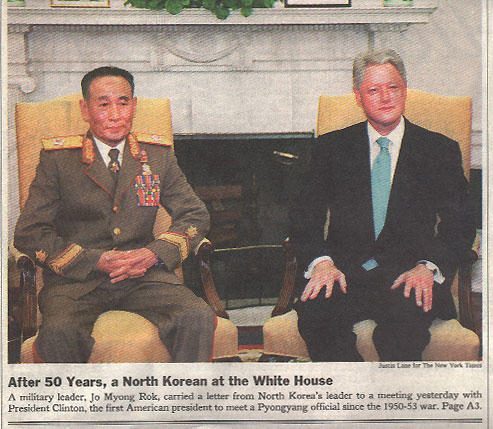
Non-Hostile Intent Robert Carlin, Visiting Fellow, Center for International Security and Cooperation, Stanford University NAPSNet Policy Forum, February 3, 2015 Nautilus-CIIS Workshop on Comprehensive Security Settlement and DPRK Nuclear Issue, Beijing, January 23, 2014 I. Introduction Robert Carlin explores the effort to deal with “North [Korea’s] constant refrain that what stood in the way of a breakthrough in […]
Go to the article

DETERRENCE: Ending Nuclear Threat via a Northeast Asia Nuclear Weapons-Free Zone DPRK: Obama: North Korea is bound to collapse GOVERNANCE AND CIVIL SOCIETY: Strikes by taxi drivers spread across China CLIMATE CHANGE ADAPTATION: How are Climate Change Concerns Addressed by Spatial Plans? An Evaluation Framework and an Application to Indian Cities DETERRENCE: Ending Nuclear Threat via a Northeast Asia Nuclear […]
Go to the article
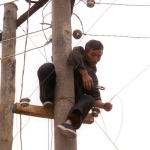
DETERRENCE: Rapid Relief and Reconstruction in a DPRK Humanitarian Energy Crisis DPRK: N Korea repeats call for suspension of US-S Korean drill GOVERNANCE AND CIVIL SOCIETY: South Korea proposes unification charter CLIMATE CHANGE ADAPTATION: The Global Politics of Climate Change: Challenge for Political Science DETERRENCE: Rapid Relief and Reconstruction in a DPRK Humanitarian Energy Crisis, NAPSNet Special Reports, December 23, […]
Go to the article

NAPSNet Policy Forum By David Von Hippel and Peter Hayes 20 January, 2015 This paper was originally published with support from the Hanyang University’s Energy, Governance and Security (EGS) Center, available in Global Energy Monitor Vol. 2, No.10. I. Introduction In this policy forum, the authors argue, “Resolution of the DPRK nuclear weapons and related issues would open […]
Go to the article











